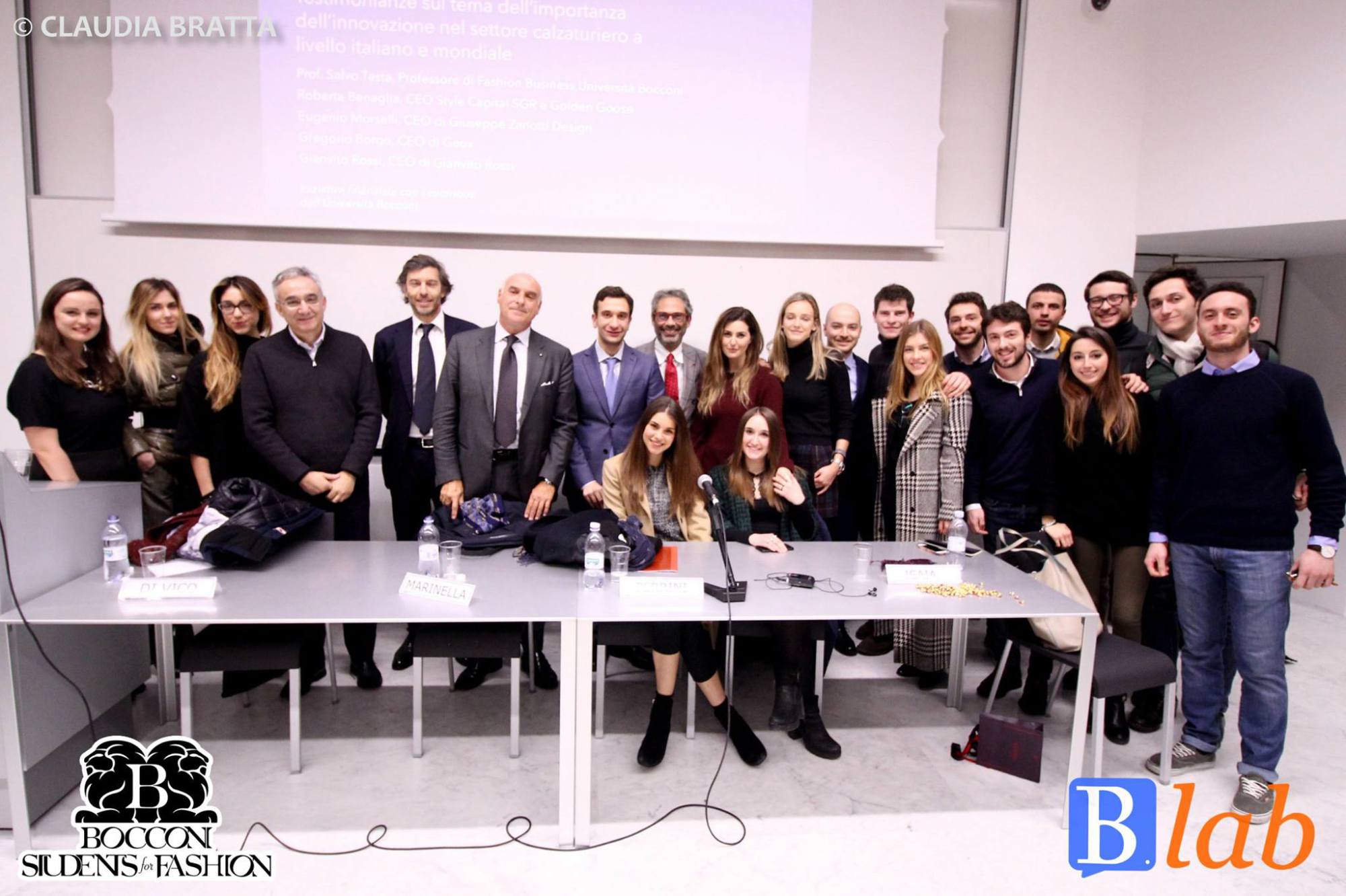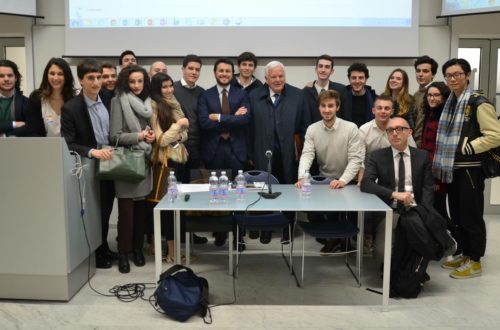On the 22nd February the conference held at Bocconi University, moderated by Francesco Perrini – Professor of Management at Bocconi University – and hosted by Bocconi Students for Fashion and Blab was a testimony not only of the importance of Made in Italy in the era of globalization, but also of successful entrepreneurship in Italy and, more specifically, in Naples. The guest-speakers, Maurizio Marinella – President and CEO E. Marinella Napoli –, Gianluca Isaia – President and CEO Isaia SpA – and Dario Di Vico – journalist at Corriere della Sera -, talked to us about producing handcrafted, tailor-made goods on a long-term basis. This last point highlights a problematic faced by many Italian businesses: over generational survival.

This is a problem that affects the enterprises of two of our guests. In fact, E. Marinella has seen three generational “hand-downs” and is about to witness its fourth. The company was founded in Naples in 1914 as a small, English-style shop. The idea of the founder Euguenio, Maurizio’s grandfather, was to recreate a little corner of England, that at the time was seen as the elegance homeland for men. In addition, two factories were created, one for shirts and one for ties, in order to exploit the great tailoring tradition of Naples. As Matilde Serao – Italian journalist and novelist – wrote, Marinella’s shop was like a town pharmacy, that is, the meeting point for all the main local characters. Nowadays, Marinella is still a name popular among important personalities, although they are no more local ones, but global. For instance, Marinella tied the neck of Pietro Barilla, Andreotti, all the Presidents of the Italian Republic, all the American Presidents from the Kennedys onwards, Sarkozy, Charles of England, Kohl, Yeltsin, Putin and Berlusconi.
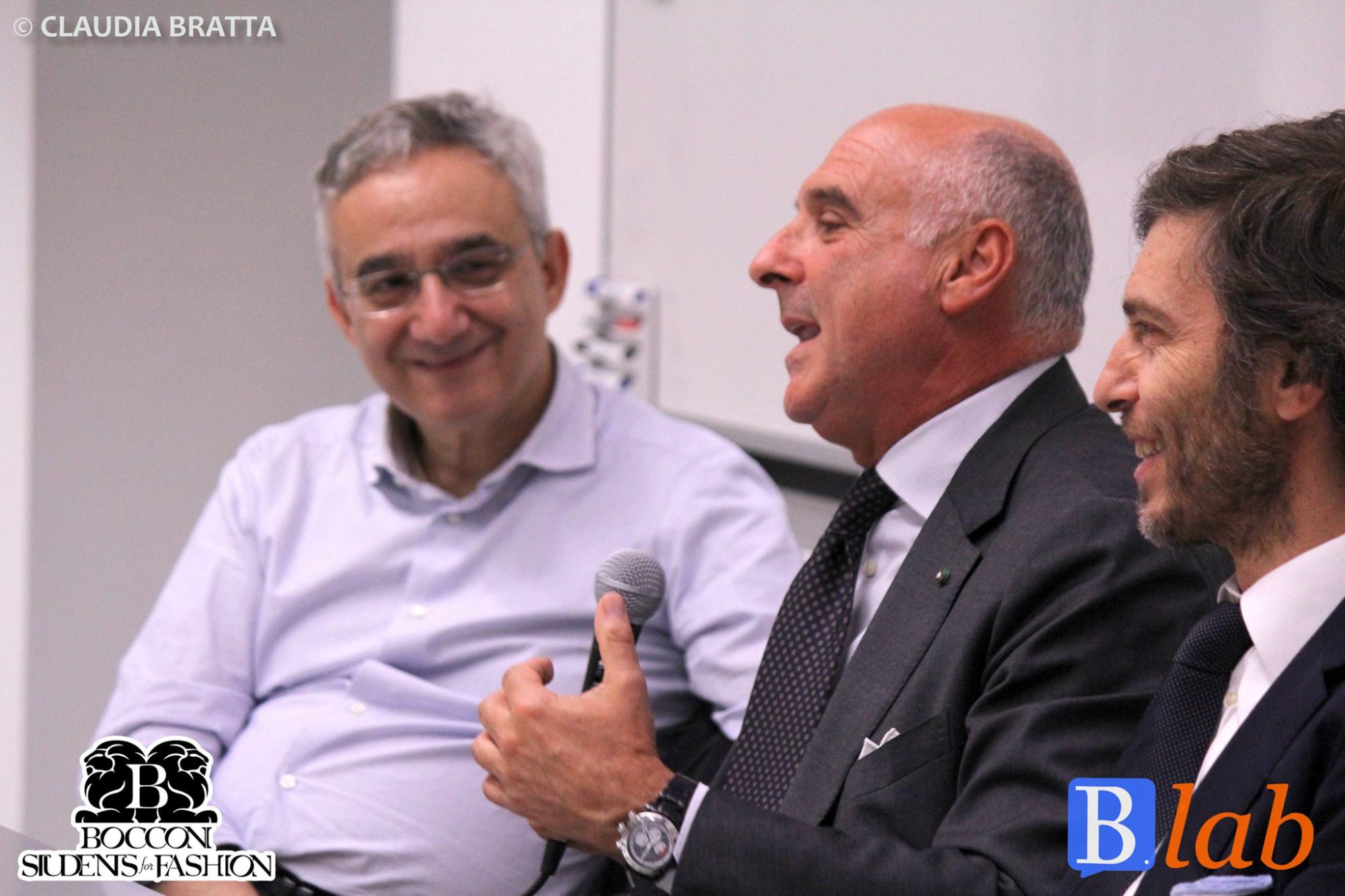
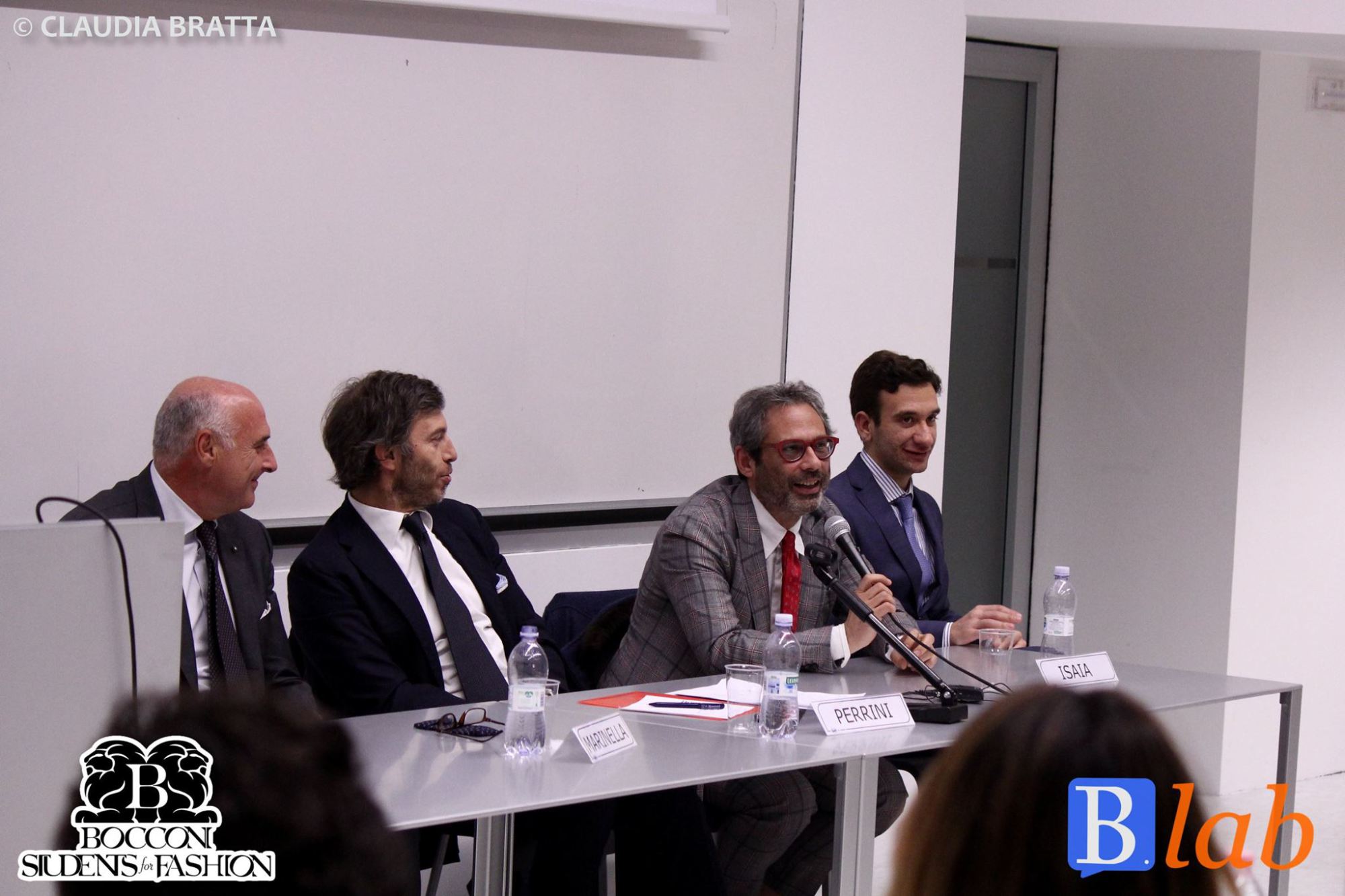
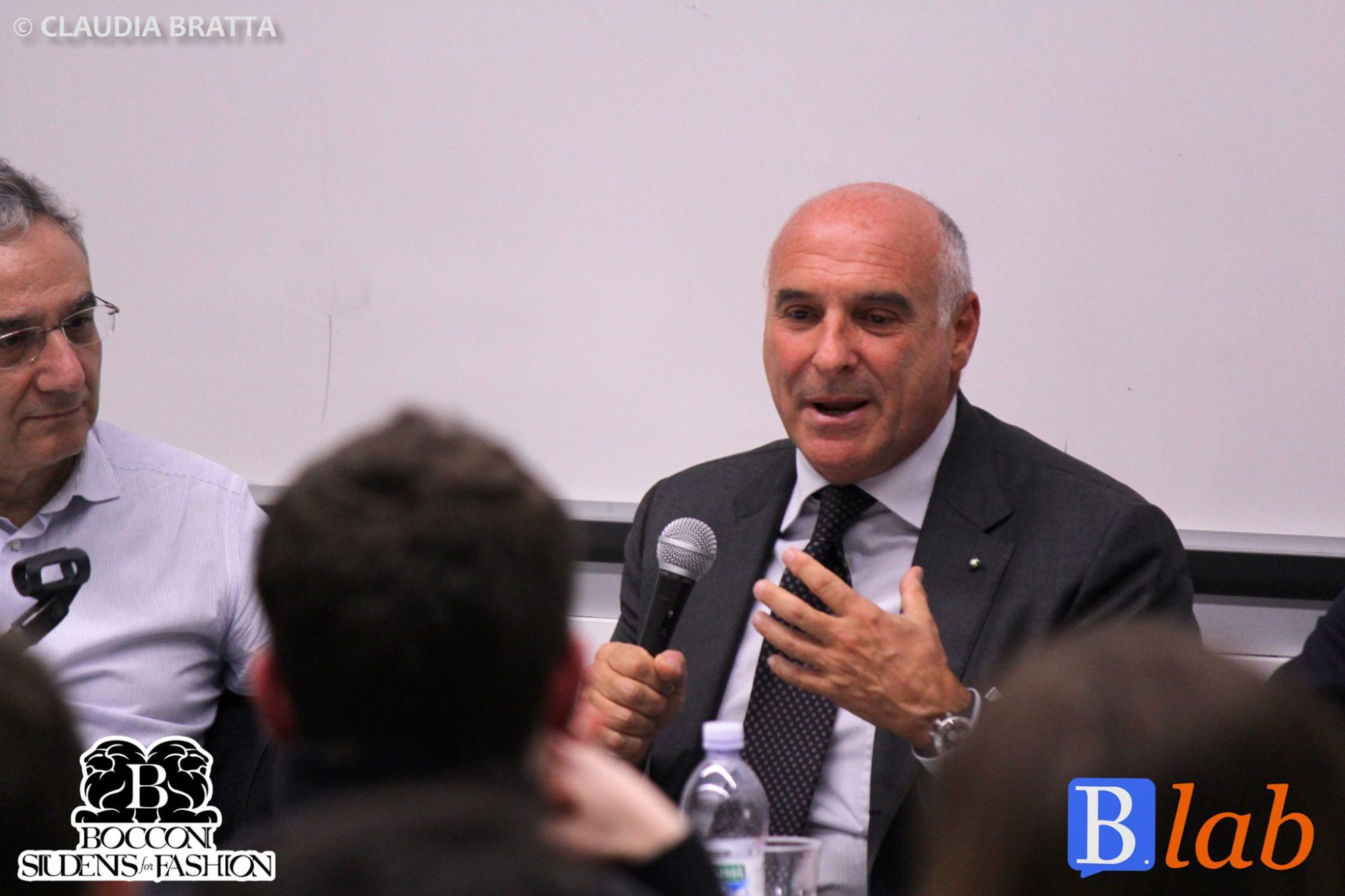
Nowadays it is hard to develop a business all over the world, and to do it in Italy is even more challenging. However, to do it in Naples is nearly beyond reality. Naples constantly faces highs and lows, such as the rubbish issue of some years ago, which caused an economic, commercial, touristic and agricultural breakdown in that area.
Nevertheless, Naples has a branding-power that is still well known all over the world and that has a strong and unique market penetration. And Marinella has always tried to increase this strength, transmitting values, consumer care, experience and emotions; everything is done with the same passion that made him refuse an offer of 120 billion of the old Italian Lire (almost 62 million Euros) in 2001.
Among those values, there’s the one of craftsmanship, that is difficult to transmit in a society where nobody wants to do these traditional jobs anymore. There’s high demand from Sri Lankans, Indians, Philippines and Chinese for such employments, asking low wages. According to Marinella, they do not have the Italian innovative approach toward tradition – which is a fundamental distinctive feature and the reason why Italian artisans do not want to open the working market to foreigners. Therefore, Maurizio Marinella wants to create a University for ancient jobs in Naples, in order to keep these arts – and the Italian strength in these sectors – alive.
All this shows how hard it is to bear the weight of such an inheritance and face a generational change when there are high expectations of improvement. This is confirmed also by the story of Isaia. This 60 years old firm was born from a fabric-shop run by Gianluca Isaia’s grandfather in the 20s-30s, which later on became a sale point for its own goods. When Gianluca’s father started working there, he began to travel around Italy to promote their products. The things kept going better and better, thus they decided to move the factory to a town near Naples, known as the tailor’s town, to exploit the labour force and increase the production. After attending Bocconi University, Gianluca entered the family business, accounting for 95% domestic sales and 5% of exports. He decided to focus on enhancing the latter, starting from Japan and following with the USA. And today, the USA stands for 50% of Isaia’s profit.
In the following years, they changed their way of communicating the brand, renewing the label and developing a well structured advertising campaign. But what they have never stopped communicating is Naples. A Naples where it is normal having a business operating in a serious way and well organized way, illustrated in their short movie Tailor-made crime. Nowadays they are developing in retail, with new shops in Milan, Capri, New York, Beverly Hills, Tokyo and Beijing, and they also have some franchising in the former Soviet countries. The next generational change seems slightly challenging: the Isaias are a huge family, with many heirs. Thus, some clauses have been added to the firm’s charter, aiming to provide an executive embodying the characteristics needed to manage a business in a globalize and competitive world.

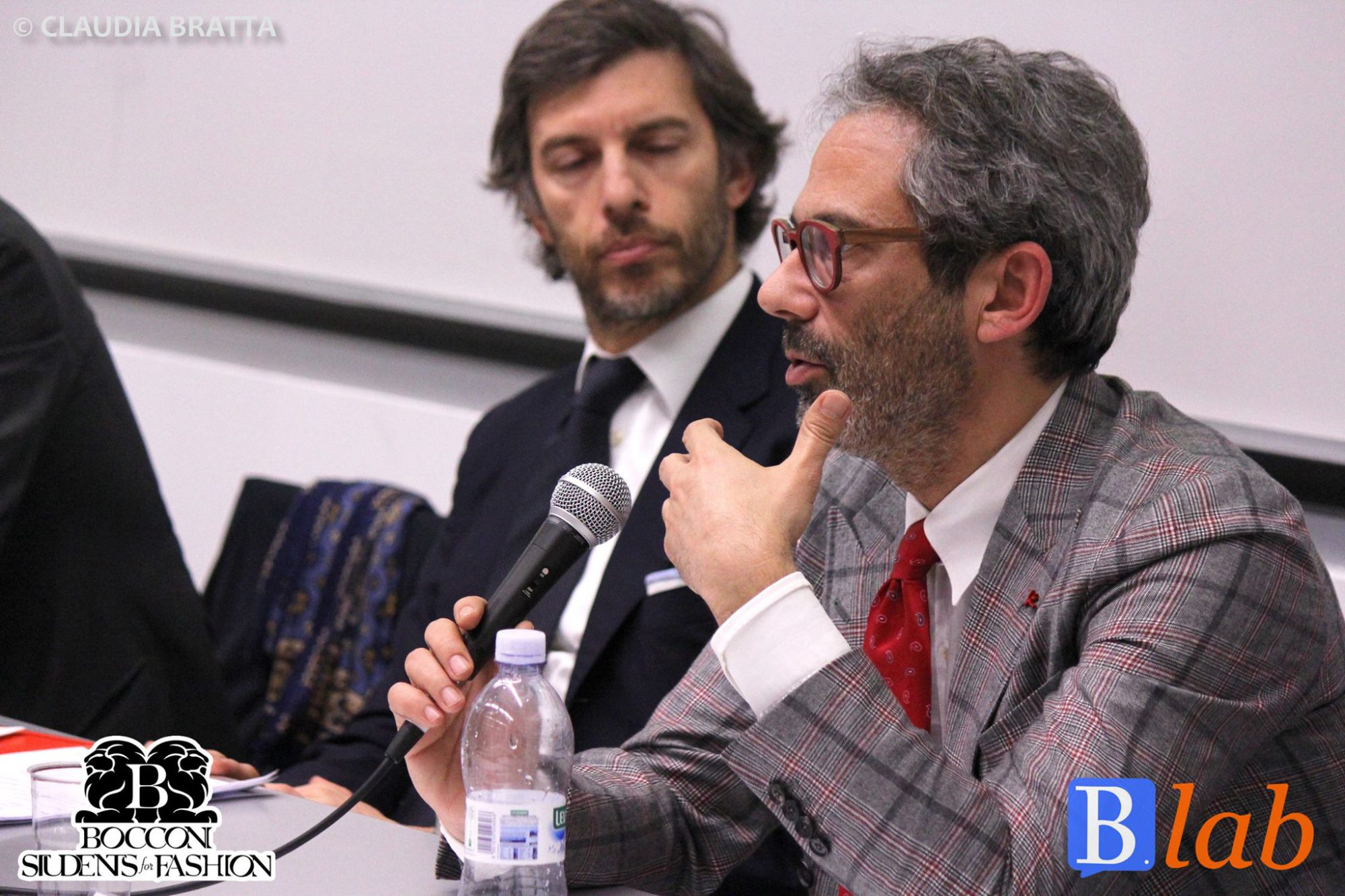
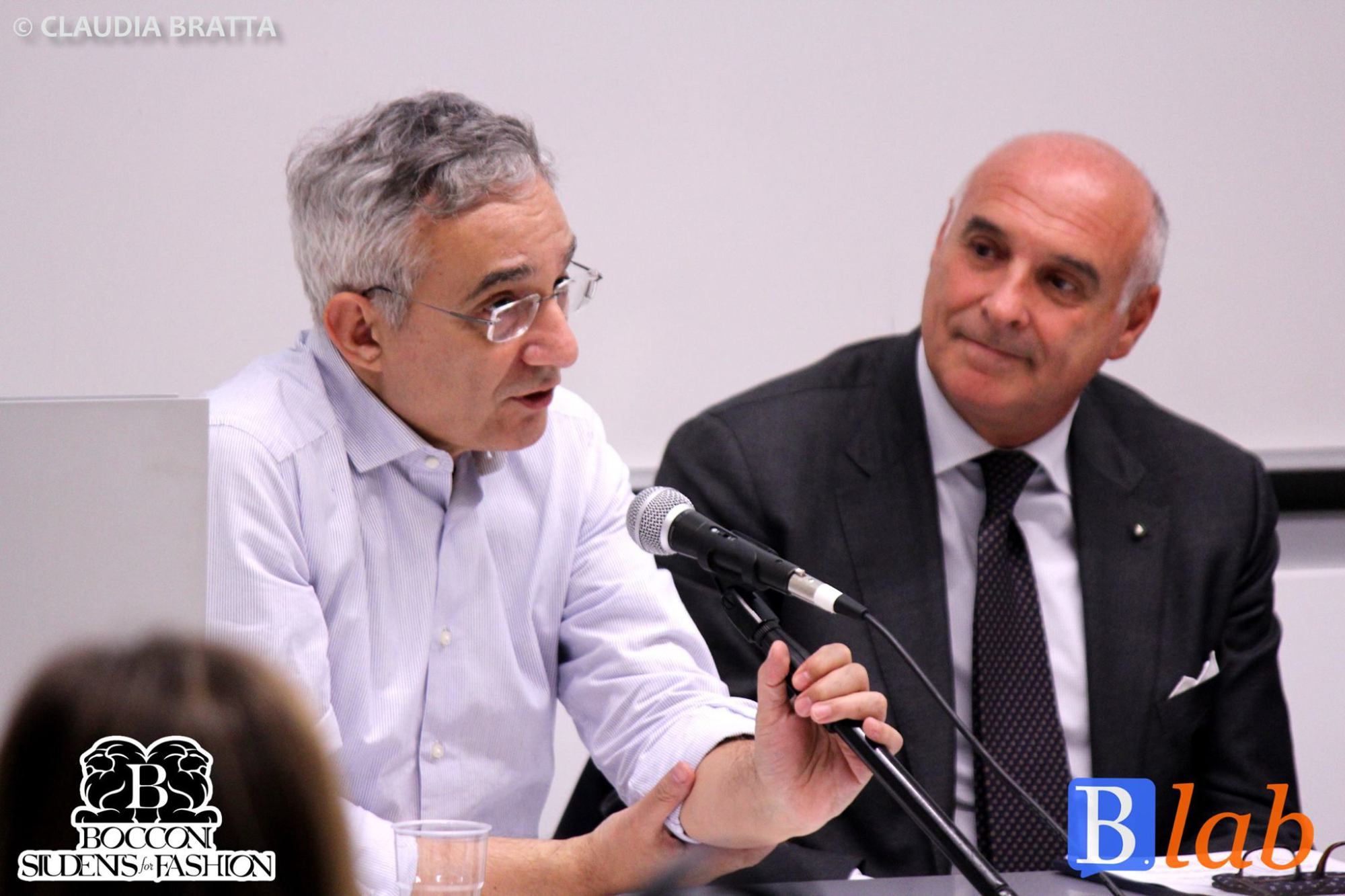
A globalized world in which, according to Dario di Vico, the Made in Italy is a strong point. The proof of this lies in the unexpected improvements in the exportations during the so called Great Recession started in 2008. Moreover, it should be underlined that this positive performance is taking place without a systematic capacity ensuring a figure, such as embassies, committed in supporting Italian enterprises abroad, as it is for other countries, for example Germany and France. So, even without a well developed system, Italy has been able to combine a more traditional export practice toward Europe and Italy, with the one addressing the new markets. This is thanks to the ability of single entrepreneurs, but although they are making a huge effort, much more is to be done. Despite the fact that the 2017 seems to be a static year for the domestic recovery, it is expected to be driven by exports, hoping that the American protectionism will allow for it to happen.
However, there’s the habit to perceive the Made in Italy as a fact, as an extension of the Italian great beauty, that is rather a naïve point of view. For example, even if Italy has a food heritage accounting for a greater number of typical dishes with respect to Germany, German food exports outstands Italian ones. What is more, it is must be highlighted that the consumer is changing, becoming less loyal, his purchasing channels are switching and he is influenced consistently by web suggestions. Indeed, the technological improvements that have brought the online channel to become fundamental in the commerce determine an additional problem for the Made in Italy in this era of globalization: the one between the physical shop and the e-shop. In fact, in the past years the flagship shop in a strategic location has represented the major vehicle for Italian visibility abroad, meaning that the physic shop was a crucial strategic element. Now this role is covered by the e-shop. Anyway, for Italy the e-commerce can be the means by which overtake the large scale distribution limit mentioned above, allowing for reaching other markets, such as China, easily and cheaply, thanks to the avoidance of investments in tangible assets as shops. What is more, the web, and in particular social networks, is offering a huge advantage to firms, still unexploited, that is advertising for free, thanks to the spread of private pictures featuring brand’s products.
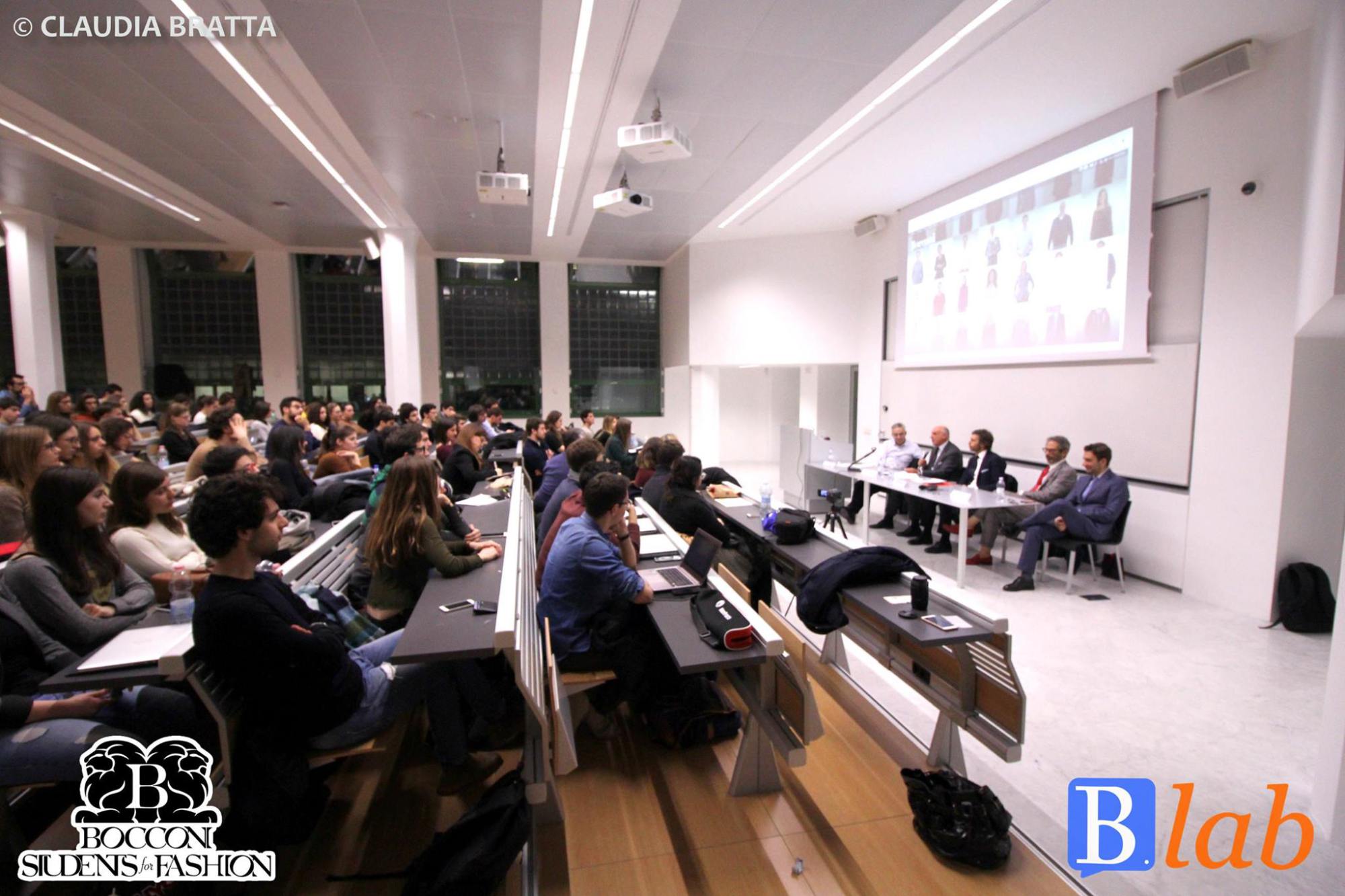
Therefore, the Made in Italy should not relying on its rating, but take advantage of the new possibilities of expansion that the market offers. And what is the market demanding? It is looking for more care for quality and ethic, more transparency and process traceability, respect for the diverse cultural orientations and a broader communication, which is a highly complex point. There are differences with respect to sectors. Focusing on the food industry, which is facing a changing in its dynamics due to the health fanatic revolution, we can see that contradictory situations are occurring. For instance, the oil palm one: Barillaimmediately announced not to use it anymore, Galbuseradeclared to have never used it, and Ferrero, on the contrary, stated it would continue using it. As it can be seen, there’s a great confusion. Nevertheless, what has to be noticed is that the most common world recurring on Italian food packaging is “without”. Thus, if previously Italian products were characterized by containing something more than the standards, today they distinguish themselves for lacking something: palm oil, fats, gluten, lactose, sugar, salt, and so on.
Article by Laura Gaudioso.
Pictures by Claudia Bratta.
